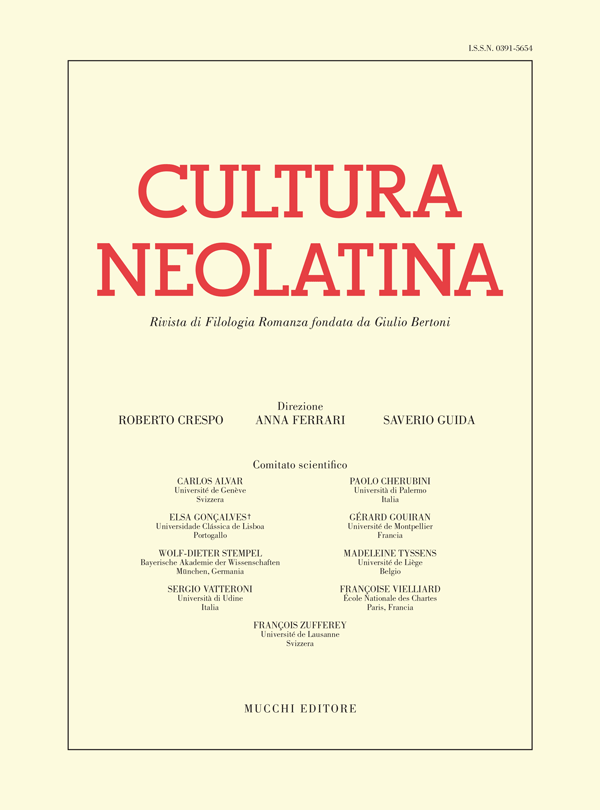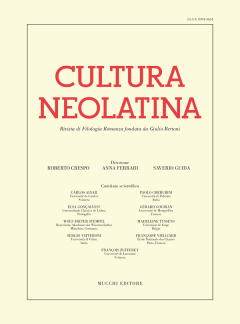Di solito, il binomio ‘Boccaccio-musica’ riguarda le descrizioni musicali del Decameron e solo raramente si applica al patrimonio lirico del famoso scrittore. È ben noto l’approccio critico del Boccaccio alla propria produzione poetica, ma che esso si estendesse fino al definitivo rifiuto di divulgarla tramite recitatori e cantanti, è un particolare finora sfuggito alla nostra attenzione. Questa notizia ci è stata tramandata da una lettera di Petrarca, che fornisce una descrizione vivida e umoristica dell’attività di tali esecutori, e che non solo chiarisce i motivi di Boccaccio di non affidare i suoi versi a questa gente, ma mette anche in una luce nuova le ideologie dei compositori fiorentini, soprattutto Francesco Landini e Lorenzo da Firenze, rispetto all’ideale sonoro ricercato nella loro musica.
Discussions of ‘Boccaccio and music’ are usually confined to the description of musical activities in the Decameron, and only rarely treat the poetic legacy of the famous writer. Boccaccio’s critical attitude to his own poetry is well known, but that it extended to the point where he refused to let it be popularized by reciters and singers has so far escaped attention. We know this from a letter by Petrarch, which contains a lively and humoristic description of such performers. The letter not only elucidates Boccaccio’s motives in not dealing with these people, but also casts new light on the presupposed ideology of Florentine composers, above all Francesco Landini and Lorenzo da Firenze, regarding the sonic ideal they sought in their music.


